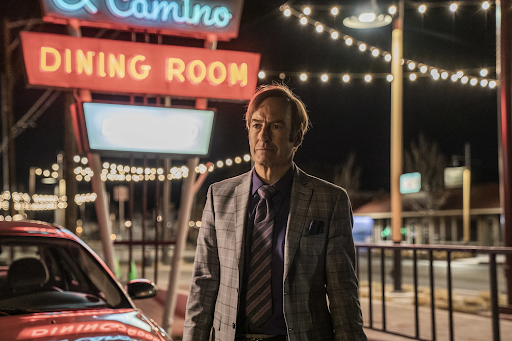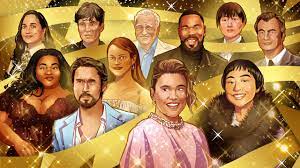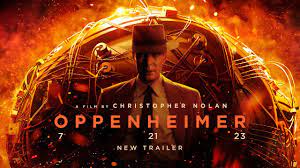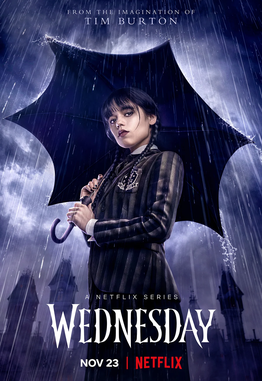Rut’s Reviews: Citizen Kane
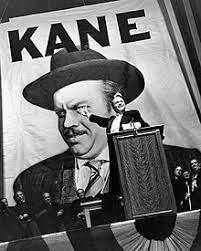
Source: https://en.wikipedia.org/wiki/Citizen_Kane
November 7, 2022
Over the summer, I became interested in watching films that have been dubbed “great films.” I found a list of the ‘Top 100 Movies of All Time’ and made it my goal to watch each one. I was, and still am, puzzled by what makes a movie worthy of making this list. This list includes films like Silence of the Lambs to Casablanca, ranging through all the genres.
As I began to check off movies that I already knew, I started to do some research on the movie titles I have never seen before. One movie, in particular, Citizen Kane, caught my eye: I saw countless reviews naming it the “greatest movie ever.” Of course, since this movie was widely acclaimed in this way, it was worth checking out. So, as I sat down to go to bed, I turned on the film from 1941 – made in black and white. I will try not to give away too many spoilers because there are some plot twists which catch you by surprise – especially at the end of the movie.
Of course, many people may be immediately turned off by a movie with no color. However, as I continued watching the movie, I was drawn in by the mysterious storyline of the world-famous man, Charles Kane, after his death. The entire movie is told in a peculiar way – not from Kane’s perspective, looking back on his life, or from a general narrator, as one might expect. Rather, the movie is told from the perspective of a reporter who interviews major figures in his life, with viewers transported into flashbacks of Kane’s experiences. The reporter is chiefly investigating what prompted Kane to say one word before his death: “Rosebud.”
We learn about Kane’s childhood first, from his lifelong friend, Jedidiah, and how Kane eventually rose to fame by taking over a large newspaper. Then, his colleague, Mr. Bernstein, tells us about how Kane’s work and life progressed, and how famous he eventually became. Kane ran for Governor of New York, but his campaign was derailed by a scandal which was unveiled by his political opponent. Lastly, his ex-wife, Emily, is interviewed, who reveals the romantic side of Kane. She reveals that Kane treated her horribly, bringing to light the scandal of how Kane treated his second wife with the same carelessness that he used on Emily. In the end, we learn about the horrid, egomaniacal side of Kane and also what caused him to end up like this which leaves viewers feeling sentimental for the way he was raised. We also learn what “Rosebud” meant, but you’ll have to watch the movie to figure that out!
After first watching Citizen Kane, then giving it a few days to digest, I would rate it a 9.5/10. I wouldn’t say it quite lives up to the “greatest movie of all time” title many film critics have given it, but that could simply be because this movie isn’t exactly my favorite genre. The fact that it is in black and white, and that the storyline is bland at some points, caused me to bump down my rating from a 10/10. However, what I think makes this movie great is its timelessness. Although Citizen Kane was released over 80 years ago, it still has a lasting message on anyone who watches it today. Especially in these times, when we have such a pervasive view into the lives of celebrities. This movie teaches us that celebrities are not perfect by any means, nor are they always content with their lives. It shows us the inaccuracy of the media at some points, because Mr. Kane is portrayed in such a distorted way. Finally, it shows why people act the way that they do. As I mentioned, by the end of the film, you feel like it isn’t Kane’s fault for the mistakes that he made. At least for me, this movie taught me to be empathetic for someone struggling because it very likely isn’t entirely his or her fault.



